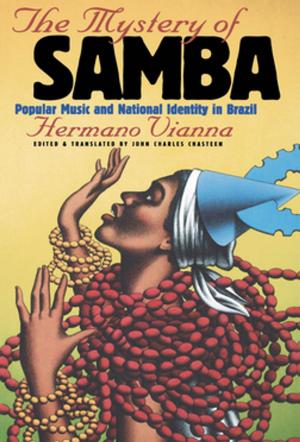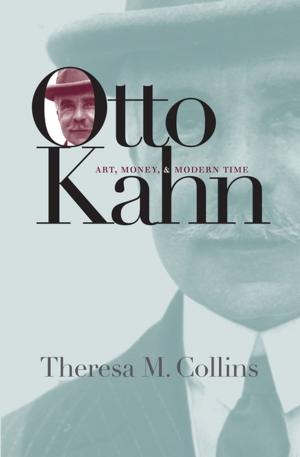Freedom's Children
The 1938 Labor Rebellion and the Birth of Modern Jamaica
Nonfiction, History, Americas, Caribbean & West Indies, Social & Cultural Studies, Political Science, Politics, Labour & Industrial Relations, British| Author: | Colin A. Palmer | ISBN: | 9781469611709 |
| Publisher: | The University of North Carolina Press | Publication: | February 3, 2014 |
| Imprint: | The University of North Carolina Press | Language: | English |
| Author: | Colin A. Palmer |
| ISBN: | 9781469611709 |
| Publisher: | The University of North Carolina Press |
| Publication: | February 3, 2014 |
| Imprint: | The University of North Carolina Press |
| Language: | English |
Freedom's Children is the first comprehensive history of Jamaica's watershed 1938 labor rebellion and its aftermath. Colin Palmer argues that, a hundred years after the abolition of slavery, Jamaica's disgruntled workers challenged the oppressive status quo and forced a morally ossified British colonial society to recognize their grievances. The rebellion produced two rival leaders who dominated the political life of the colony through the achievement of independence in 1962. Alexander Bustamante, a moneylender, founded the Bustamante Industrial Trade Union and its progeny, the Jamaica Labour Party. Norman Manley, an eminent barrister, led the struggle for self-government and with others established the People's National Party.
Palmer describes the ugly underside of British colonialism and details the persecution of Jamaican nationalists. He sheds new light on the nature of Bustamante's collaboration with the imperial regime, the rise of the trade-union movement, the struggle for constitutional change, and the emergence of party politics in a modernizing Jamaica.
Freedom's Children is the first comprehensive history of Jamaica's watershed 1938 labor rebellion and its aftermath. Colin Palmer argues that, a hundred years after the abolition of slavery, Jamaica's disgruntled workers challenged the oppressive status quo and forced a morally ossified British colonial society to recognize their grievances. The rebellion produced two rival leaders who dominated the political life of the colony through the achievement of independence in 1962. Alexander Bustamante, a moneylender, founded the Bustamante Industrial Trade Union and its progeny, the Jamaica Labour Party. Norman Manley, an eminent barrister, led the struggle for self-government and with others established the People's National Party.
Palmer describes the ugly underside of British colonialism and details the persecution of Jamaican nationalists. He sheds new light on the nature of Bustamante's collaboration with the imperial regime, the rise of the trade-union movement, the struggle for constitutional change, and the emergence of party politics in a modernizing Jamaica.















